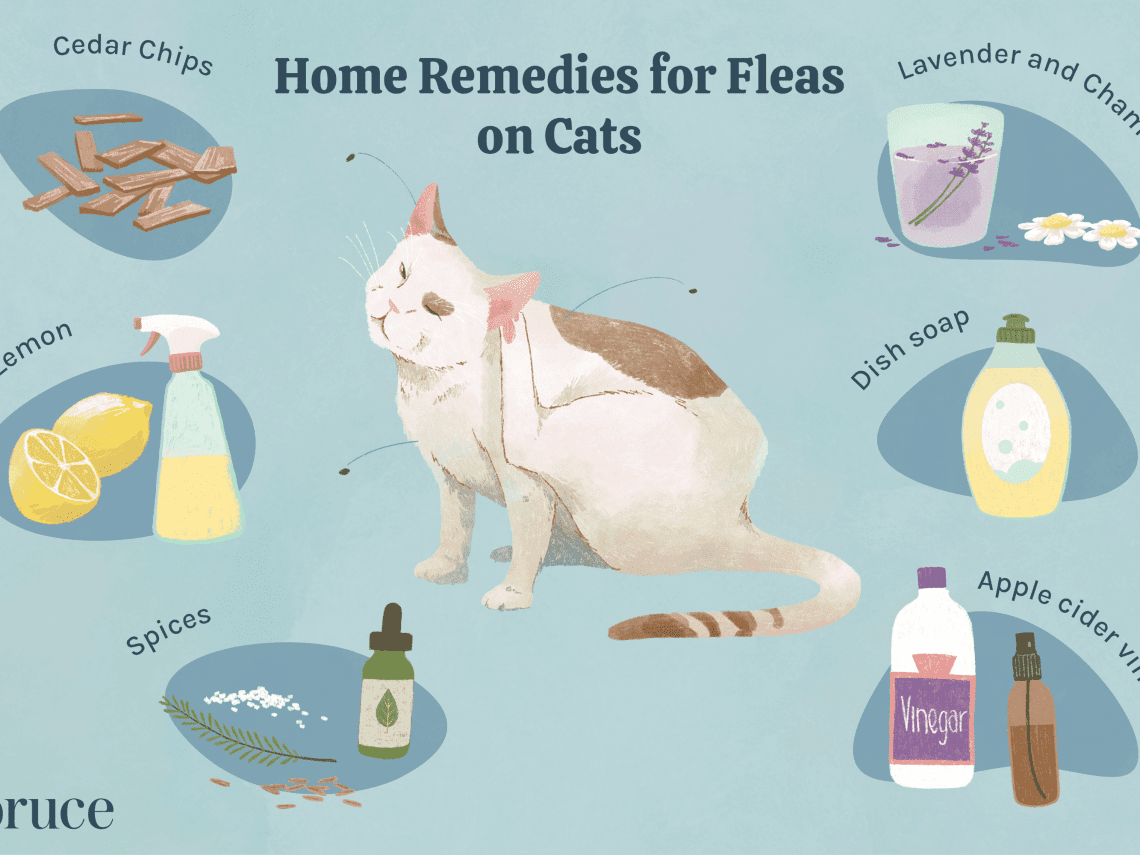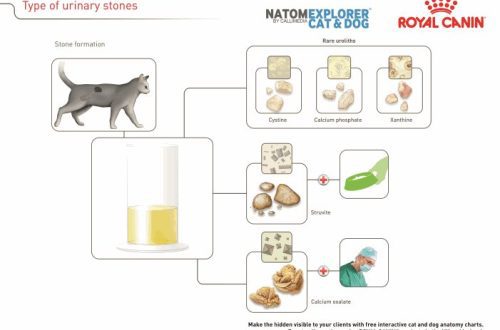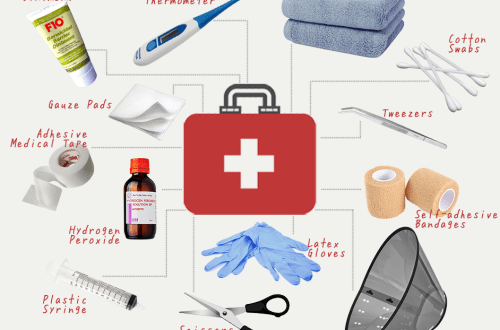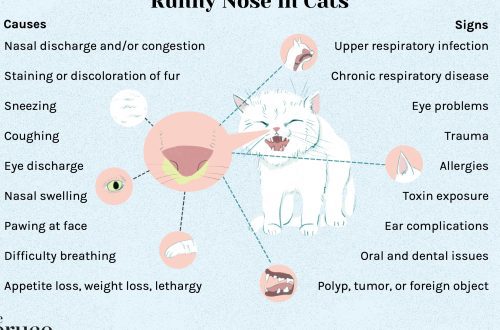
Fleas on a cat. What to do?

Interestingly, fleas are one of the best jumpers in the world: with their small size, they can cover distances a hundred times their own body. If these parasites are found on a cat, the animal needs treatment, otherwise the health of the pet may be seriously damaged.
Contents
Infection
Infection can occur not only after communicating with sick animals, but also on the street or in the stairwell – wherever there may be eggs laid by fleas. At the same time, even if the cat never goes outside and does not communicate with flea carriers, it may be their victim. For example, parasites can be brought into the house by the owner – on his shoes.
How do you know if a cat is sick?
If the animal suffers from flea dermatitis, the owner will immediately understand this:
- The pet begins not only to constantly itch, but furiously bite into the coat. Favorite places of parasites are the neck and back area;
- Parasite bites cause very severe itching, which is why the cat loses its usual rest and becomes nervous, often meows, trying to attract attention;
- During the combing of the animal’s hair, dark blotches fall out of it – these are flea excrement;
- In addition, parasites are easy to see when examining a pet, especially if there are a lot of them. Up to 200 fleas can live on one cat at the same time.
What will happen if not treated?
If treatment is not started immediately, the disease will progress and lead to unpleasant consequences: the cat will begin to lose weight and lose hair on inflamed skin areas. Feeling discomfort, the animal will constantly comb the skin with its claws, and the resulting wounds lead to severe dermatitis and are easily infected.
Fleas are carriers of a number of dangerous diseases, including helminthiasis.
Why are fleas dangerous for kittens and pregnant cats?
Fleas are especially dangerous for kittens. A young organism does not have enough strength to fight parasites, and the pet will quickly lose weight, stop growing, and anemia may develop. Infection can even lead to death.
Fleas are also dangerous for pregnant cats, which they deprive of nutrients, and the use of anti-flea drugs during this period is prohibited, since they are toxic and, if ingested, can harm future offspring. The same applies to lactating cats. Therefore, it is desirable to destroy parasites or carry out prophylaxis before mating.
How to treat?
There are a huge number of drugs for the treatment of fleas: drops, shampoos, aerosols, tablets, powders, collars and even injections. A veterinarian will help you choose the right remedy after examining your pet. When processing an animal, it is necessary to protect the eyes and mucous membranes, and the treatment itself should be carried out according to the instructions for the drug.
Before starting treatment, the cat must be carefully combed out, processed, changed the litter and be sure to disinfect the room where the animal lives. Cleaning can be done with the help of special tools that are easy to find at the pet store. And in order not to lead to this situation, do not forget about prevention – for example, you can use a special collar that will not allow fleas to jump on a cat.
The article is not a call to action!
For a more detailed study of the problem, we recommend contacting a specialist.
Ask the vet
22 2017 June
Updated: October 30, 2021





